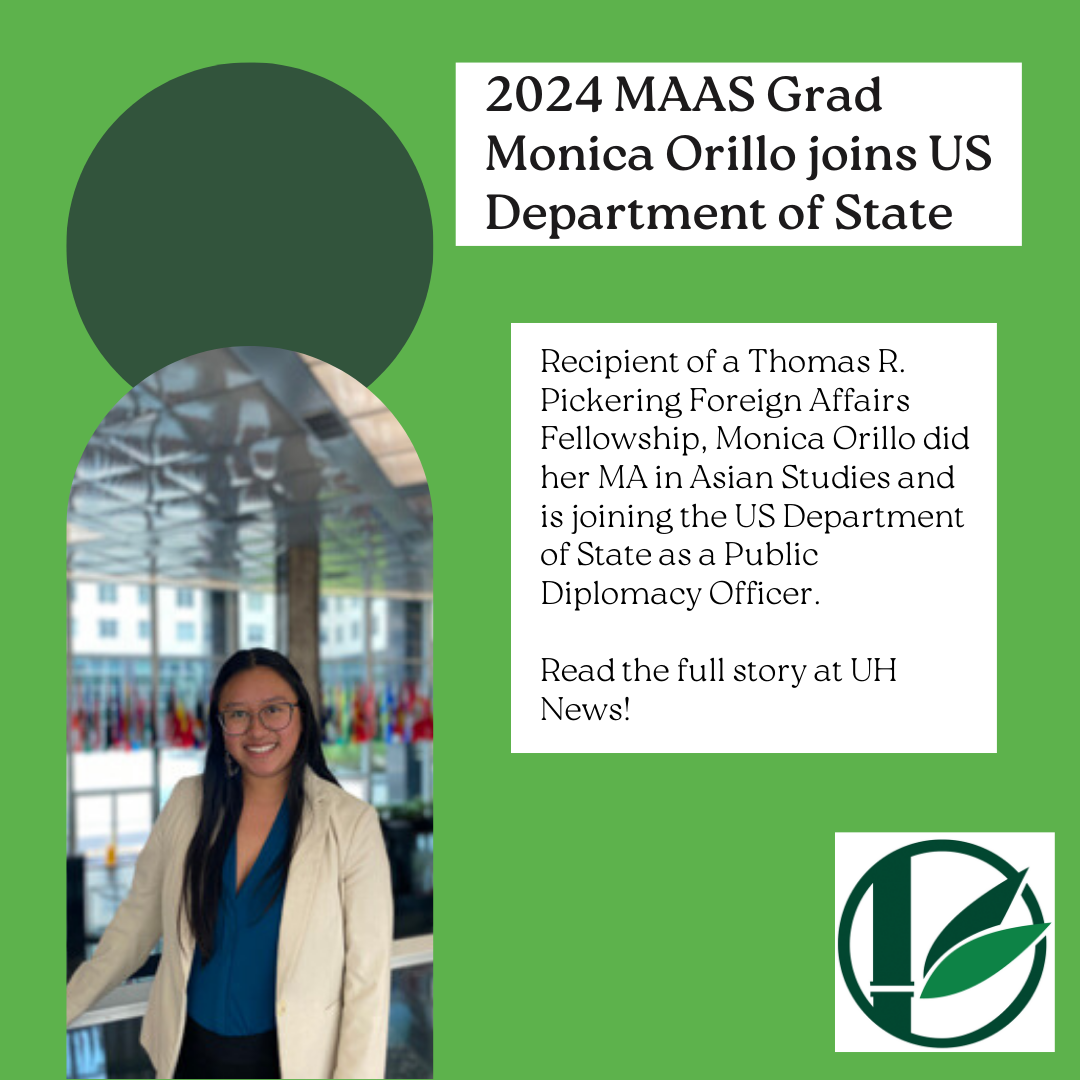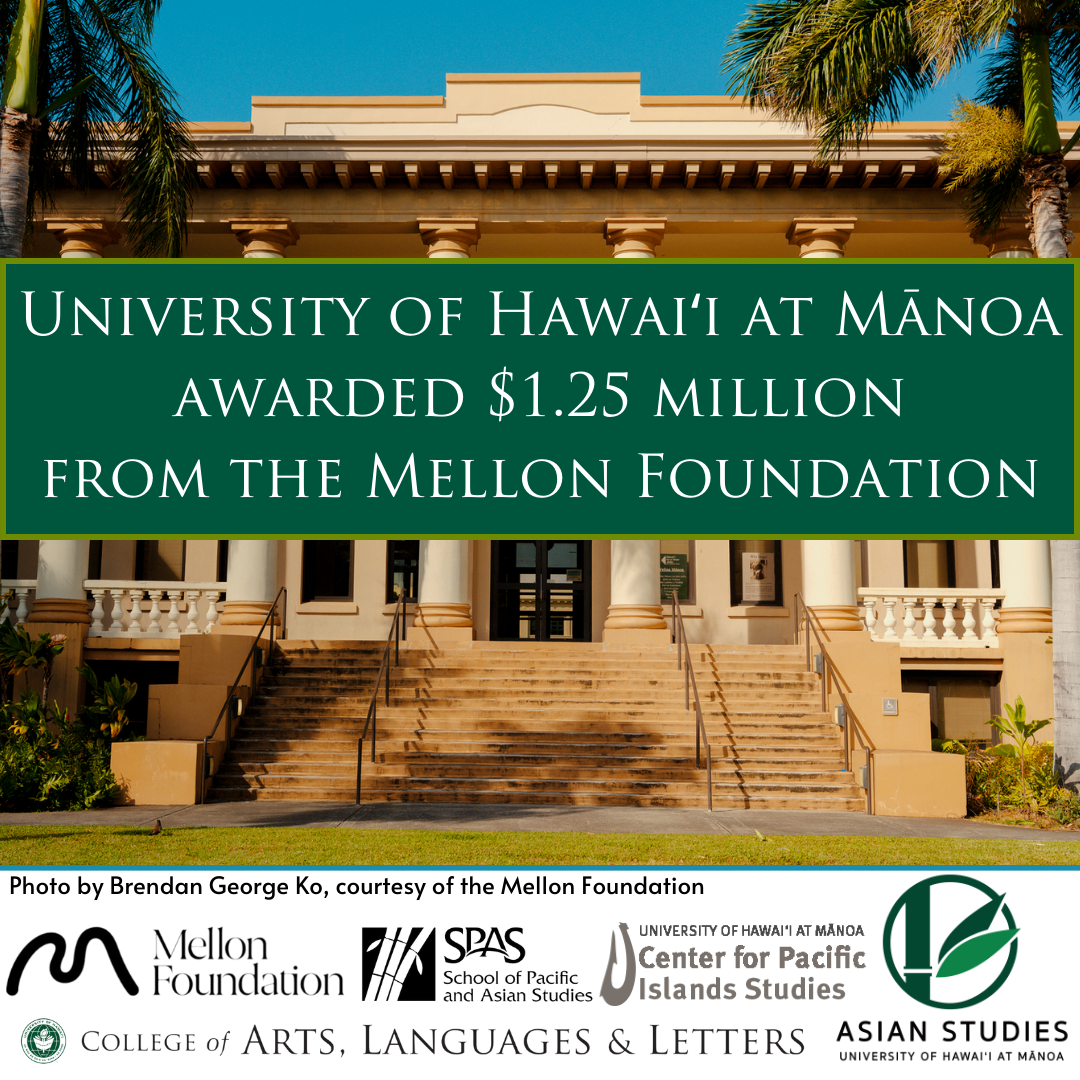Monica Orillo’s graduate education at the University of Hawaiʻi at Mānoa served as a launching pad to…
Cathryn Clayton wins SSRC Rapid-Response Grant on COVID-19
A People’s History of the Pandemic: Global Households and Covid-19 in Asia
Asian Studies Chair Cathryn Clayton and her team have been awarded a Rapid Response Grant on COVID-19 and the Social Sciences by the Social Science Research Council. The research program is described below.
Abstract
How are social relations in global households in Asia changing as a result of the barriers erected to flows of goods, money, and people in the wake of Covid-19? Millions of households in Asia depend on the income, labor, and other resources of members residing overseas. In this pilot project, researchers will collaborate with nongovernmental organizations run by and for Filipinas married to Japanese and Korean men in Japan and South Korea to develop innovative, socially distanced, collaborative research methodologies with the goal of generating an online audiovisual archive of qualitative data that can be used—by social scientists, NGOs, social service agencies, and the research participants themselves—to understand how the pandemic has altered the composition, income, labor-sharing, and daily routines of such households. This grassroots transnational perspective is crucial to understanding the short- and long-term effects of Covid-19 in a global era.





